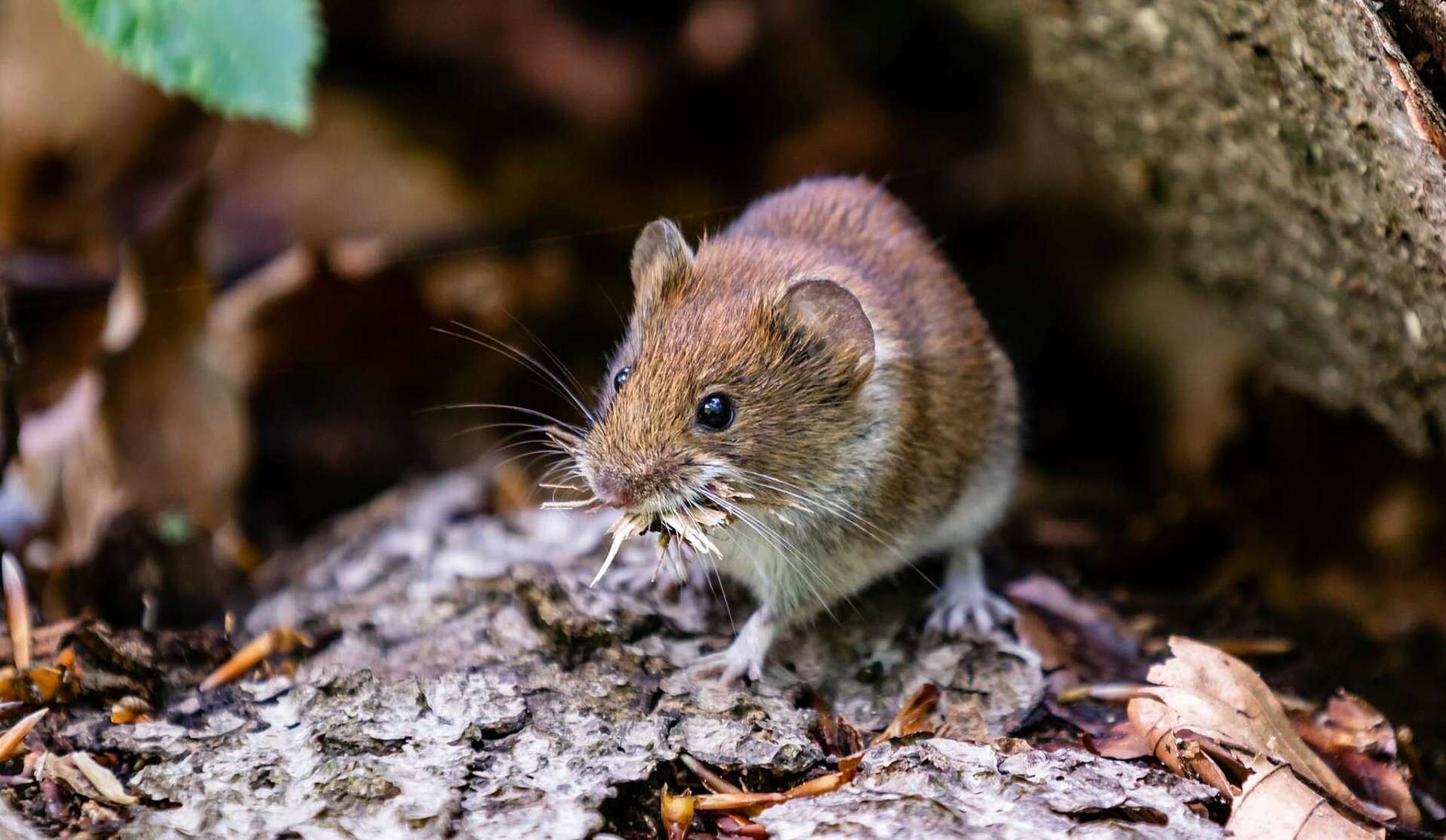Over 90 NGOs urge moratorium on genetic engineering in the wild as World Conservation Congress meets in Abu Dhabi
Civil society groups warn: experimental genetic technologies risk irreversible harm to ecosystems and community livelihoods.
Abu Dhabi, 8 October 2025 – The world’s most influential nature conservation organisation will decide whether to promote genetic engineering as a tool for nature conservation at this year’s IUCN World Conservation Congress in Abu Dhabi, United Arab Emirates.
Two motions are being considered by IUCN members: one that would position synthetic biology as a tool for nature conservation, subject to case-by-case decision-making, and another calling for a global moratorium on releasing genetically engineered wild species until environmental impacts, regulatory gaps, as well as ethical and cultural concerns are addressed.
Proposed genetic engineering projects range from immunising threatened species against diseases, to using gene drives to eradicate invasive species, to the so-called revival of extinct iconic animals, such as the dodo, the dire wolf, or Tasmanian tiger, through genetic modification of existing species.
Franziska Achterberg, Head of Policy at Save Our Seeds, a supporter of the moratorium motion:
There is no evidence that these technologies will help protect or restore nature. They remain experimental, with highly uncertain outcomes. The IUCN should not prematurely endorse irreversible technologies that risk undermining both conservation efforts and the public trust they depend on.
The call for a moratorium has united over 90 NGOs spanning all continents, from POLLINIS in France to the Coordinadora de Organizaciones Indígenas de la Cuenca Amazónica in Ecuador. Renowned scientists and beekeeping organisations have also endorsed the call for a moratorium.
Dr. Joann Sy, Scientific Advisor at POLLINIS, the motion’s primary sponsor:
These new technologies risk adding to the pressures already threatening pollinators and nature. Our species and ecosystems are already under immense stress; instead of building resilience, such gambles could further weaken them. We must stop interventions that could undermine, rather than strengthen, the urgent work of nature conservation.
Moratorium advocates argue that the consequences of releasing engineered organisms into the natural environment are both unpredictable and irreversible.
Malick Shahbaz Ahmed, Executive Director of the Sungi Development Foundation, a co-sponsor of the moratorium motion:
Releasing genetically engineered organisms into the wild is irreversible. Nature is not a laboratory, and our communities are not test subjects. Our livelihoods and well-being depend on the natural cycles of soil, water, plants, pollinators, and species. When these cycles are disrupted, both ecosystems and communities are at risk. That is why the proposed moratorium is essential — to ensure that decisions on new technologies are guided by precaution, ecological integrity, and the voices of the most vulnerable.
Genetic engineering marks a radical break from traditional conservation — an attempt to ‘redesign‘ rather than protect nature. The IUCN has previously shown caution toward these technologies. In 2004, it called for a moratorium on the further release of GMOs, and in 2016, members rejected the use of gene drives. In 2021, the organisation postponed a decision on genetic engineering, calling instead for an inclusive and participatory process to develop an IUCN policy on genetic engineering in conservation.
The IUCN’s decision is likely to influence conservation policy worldwide regarding whether genetic engineering is viewed as just another tool to address biodiversity loss and climate change. With the planet experiencing its sixth mass extinction, the debate raises fundamental questions about the principles of nature conservation and whether humanity should intervene in nature through genetic engineering.
The moratorium motion is sponsored by IUCN members POLLINIS (France), Nature Canada (Canada), Nature Tropicale (Benin), Deutscher Naturschutzring (Germany), Benin Environment and Education Society (Benin), Pro Natura/Friends of the Earth Switzerland (Switzerland), Sungi Development Foundation (Pakistan), and Coordinadora de Organizaciones Indígenas de la Cuenca Amazónica (Ecuador).
ENDS
About Save Our Seeds
Save Our Seeds is a campaign run by the German Foundation on Future Farming. Since 2002, it has successfully spearheaded efforts to avoid GMO contamination of seeds and maintain precautionary GMO legislation at national and EU levels. The Foundation on Future Farming is a member of Deutscher Naturschutzring (DNR), a co-sponsor of the moratorium motion.
About POLLINIS
POLLINIS is an independent NGO working to protect domestic and wild bees and promote agriculture that respects all pollinators. Founded in 2012, the non-profit organisation now has more than 1.3 million supporters across Europe and over 20,000 donors. POLLINIS is funded exclusively by donations from individuals, which guarantees its absolute independence. Co-sponsor and support Motion 133 on a moratorium on genetically engineering wild species in natural ecosystems.
About Sungi Development Foundation
Sungi Development Foundation, Pakistan, is a rights-based community-driven organisation advancing climate action. We empower vulnerable communities by strengthening their capacity in nature-based solutions, biodiversity conservation, indigenous farming and social forestry to mitigate climate change.
Media contacts:
Maria Elena De Matteo, Communications Strategist, +82 10 68 35 59 66,
Hélène Angot, Communications Officer, Pollinis, +33 6 12 84 06 97,
Malick Shahbaz Ahmed, Executive Director of the Sungi Development Foundation,
Notes to editors:
- A full list of NGO supporters is available on the coalition website.
- Renowned scientists have signed an open letter in support of the moratorium.
- International beekeeping organisations, including Apimondia, BeeLife Europe, and the German Beekeepers’ Association, have publicly endorsed the moratorium.
- Background material: The rationale for an IUCN moratorium and information on genetic engineering approaches proposed for nature conservation are available here.
- Case studies: Five examples of genetic engineering proposals in conservation are available here.
Pour lire ce communiqué de presse en français, cliquez ici.
Image © Bo Mertz, CC BY-SA 2.0 https://creativecommons.org/licenses/by-sa/2.0, via Wikimedia Commons

